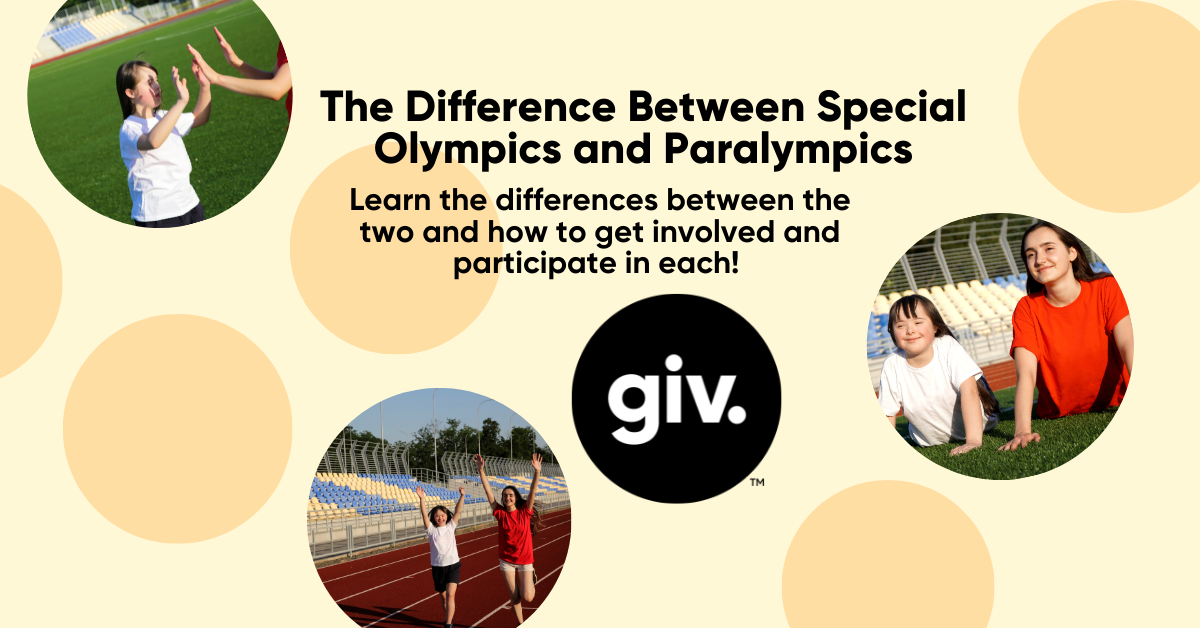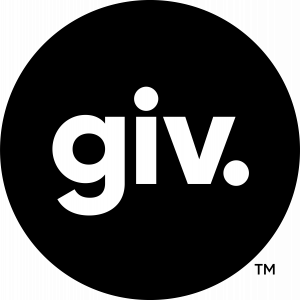The Special Olympics and Paralympics are both governing bodies for sports for individuals with disabilities, but there are some major differences between the two organizations. In this post we will break down those differences, and how to get involved with these organizations within the state of Utah.
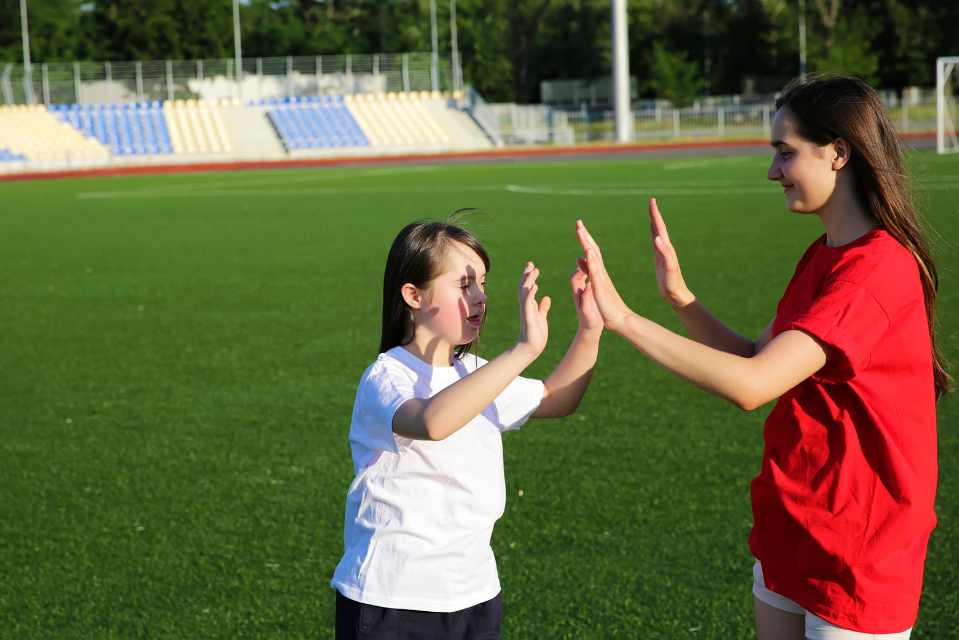
The Special Olympics in Utah:
The Special Olympics aims to help individuals who specifically have intellectual disabilities. They provide sporting opportunities all year round for these individuals to participate in swimming, running, basketball and so much more. The Special Olympics has groups all across the United States, and around the world. There is likely a chapter close to you, wherever you live.
The Special Olympics has a program for children between the ages of 2-7 years-old. This program is referred to as their “Young Athletes” program. It aims to encourage basic gross motor skills for children, and is a great way to start getting involved in The Special Olympics program. Once someone ages out of the Young Athletes program, they’re simply enrolled into Special Olympics.
The Special Olympics offers specific programs for each season of the year. In the winter, athletes can participate in snowshoeing and basketball. The spring offers track and field, softball, and swimming. In the fall athletes can participate in bocce, bowling, golf, and soccer. They also have a Motor Activity Training Program that they offer year-round.
As athletes participate in these sporting events they’re able to qualify for state wide championship events, and even go on to earn national titles. These athletes can even qualify to compete in the Paralympic Games.
For more information about The Special Olympics in Utah, and how to register an athlete, please see their website here.
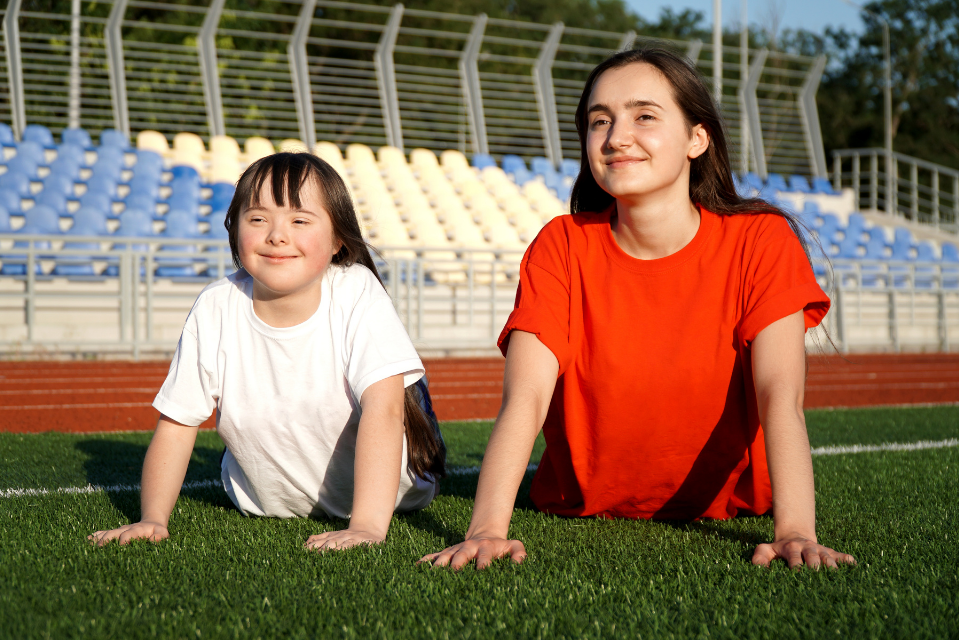
The Paralympic Games:
The Paralympic Games are the world’s largest sporting event to celebrate athletes with disabilities. They’re held every two years alternating between the summer and winter games, and are held in the same city as the traditional Olympic Games of that given year.
The Paralympics are for athletes with physical and/or intellectual disabilities. This means that athletes participating can have physical disabilities but not be impacted by their disability cognitively. Athletes can also have intellectual disabilities, but not have any physical disabilities, and some athletes might have a combination of both physical and intellectual disabilities. Therefore, some athletes that participate in the Special Olympics might compete in the Paralympics, but not all athletes that compete in the Paralympics would or could compete within The Special Olympics.
Athletes that participate in the Paralympics compete against other athletes with similar disabilities. Athletes who are blind would compete with other blind athletes, and people with physical disabilities compete with athletes with similar physical challenges. This means wheelchair users typically compete with each other, while athletes with limb differences often compete in another group, and they even have groupings for individuals with varying levels of Cerebral Palsy. There are over 10 different categories that athletes are divided between for classification, and athletes only compete with other athletes within the same classification as themselves.
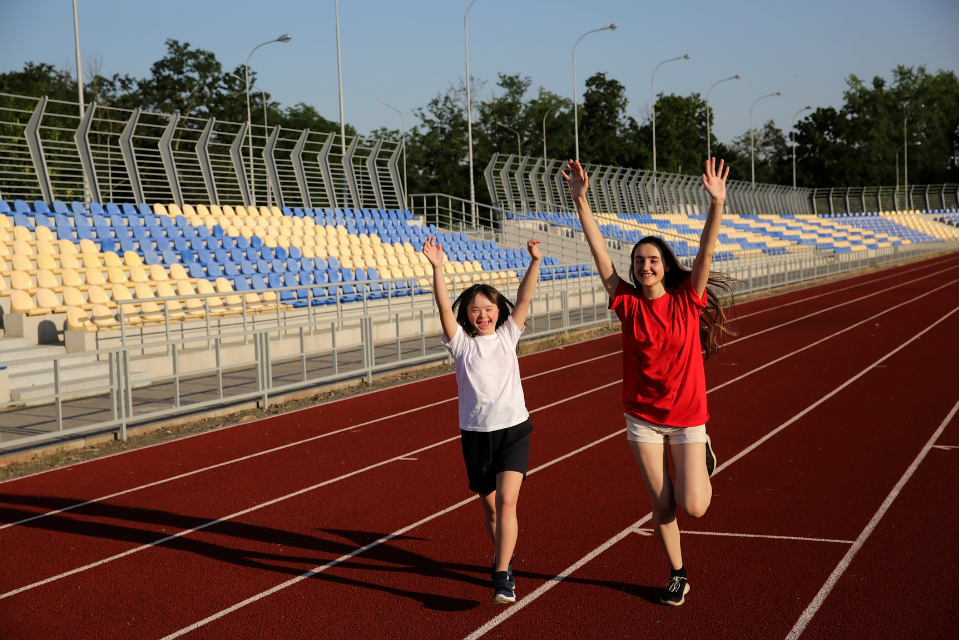
The National Ability Center:
If you’re an athlete wanting to get involved with the Paralympics and live in the state of Utah, The National Ability Center would be a great resource to help get you plugged into adaptive sports within the local community. They can teach individuals with disabilities how to participate in sports, and can get you plugged into the necessary resources to help you further your training and potentially compete one day in the Paralympic Games. Utah actually has many athletes that participate in these games so there is definitely a community of athletes to tap into for support.
The National Ability Center is a great resource for individuals with both intellectual and/or physical Disabilities. Individuals with intellectual disabilities also have the option of reaching out to The Special Olympics to get tapped into sports and training programs as well.
